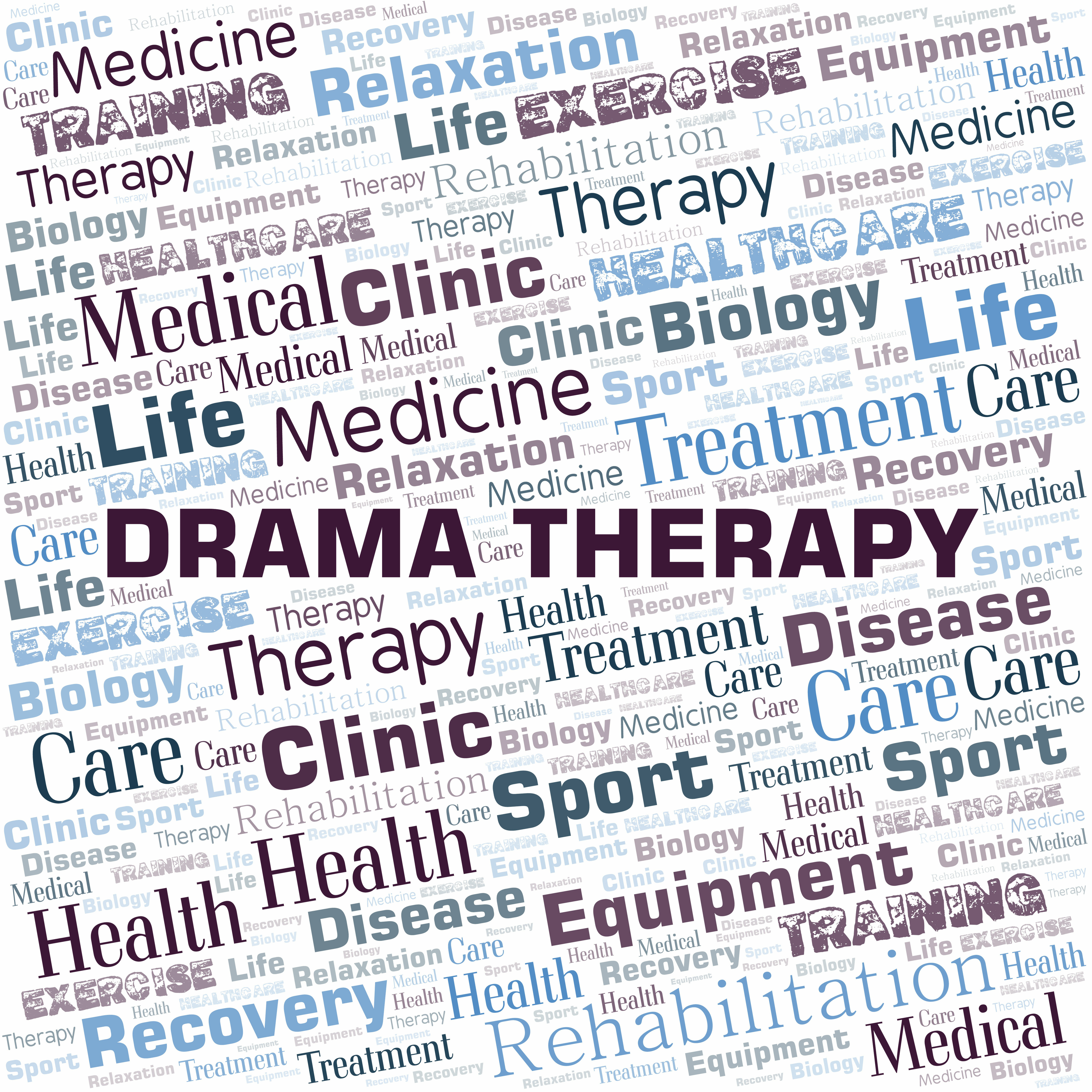A Preview of Summer 2022 Classes

Our health is essential now more than ever. Discover these Summer 2022 courses that revolve around several facets of our living health.

Global Health Nutrition in Peru
HLTH 364 | Epidemiology of Obesity
The course will study the distribution, determinants, and consequences of obesity in the Peruvian context, as well as the strategies implemented to control and reduce it.
Students will:
- Apply epidemiology methods to calculate the prevalence of obesity and compare the distribution of obesity across time, geographies, and age groups in Peru.
- Participate in exercises, inside and outside of the classroom, to assess obesity at individual and population levels.
- Use the social determinants of health framework to enumerate the causes of obesity in the Peruvian setting.
- Critique and develop interventions to address obesity in Peru.
Taught by: Helena Pachón, PhD, MPH

HLTH 220-1 | Introduction to Nutrition Science
First Summer Session: Online Tuesday/Thursday, 11:30am – 1:00pm
This course will focus on the science of nutrition, with emphasis on 1) the basic biochemical functions and interactions of macronutrients and micronutrients and how they affect human physiology, and 2) the nature of nutrition research and how it informs the development of dietary recommendations for individuals and specific populations. Students will also be introduced to current or controversial issues in the field of nutrition science, such as food policy and nutrition-related health disparities in communities and global populations.
Taught by: Myra Woodworth-Hobbs
Nutrition Science Minor, Predictive Health Minor, & Global Health, Culture, & Society Minor - applicable course

HLTH 285-1 | Moving Often & Eating Well
First Summer Session: Online Tuesday/Thursday, 9:45am – 11:15am
At the individual, community, national and global level, we will examine the evidentiary support for sustaining regular physical activity and healthy eating patterns across all ages. We will study the relationship to risk, prevention, and recurrence of non-communicable diseases and negative health outcomes (examples will include but are not limited to; cancer, cardiovascular disease, diabetes, sleep, depression, and anxiety). We will also consider the potential negative health impact of physical inactivity, prolonged sitting, and unhealthy eating patterns. Students who enroll in this course should possess a strong curiosity in understanding these behaviors within a transdisciplinary framework and beyond the established, customary proposed benefits. Topics of investigation will be presented through an interdisciplinary perspective utilizing lectures and group discussions, individual and group projects, and community engagement. No textbook is required for this course.
Taught by: Jill Welkley

HLTH 385-1/ THEA 385-1 | Principles of Drama Therapy
First Summer Session: Online Monday/Wednesday, 9:00am – 10:30am
This course will introduce the field of drama therapy, including the history of its practice, the foundational theories and principles, and the approaches of leading practitioners. Requirements for registry as a drama therapist and typical sites for practice will be examined, as well as basic ethical considerations for drama therapists. In addition to traditional lecture, classes will involve learning through participation in drama therapy warm-ups, techniques, and processing. As the course is primarily experiential, it is crucial that students attend regularly and participate in activities and group discussions.
Taught by: Erica Craig